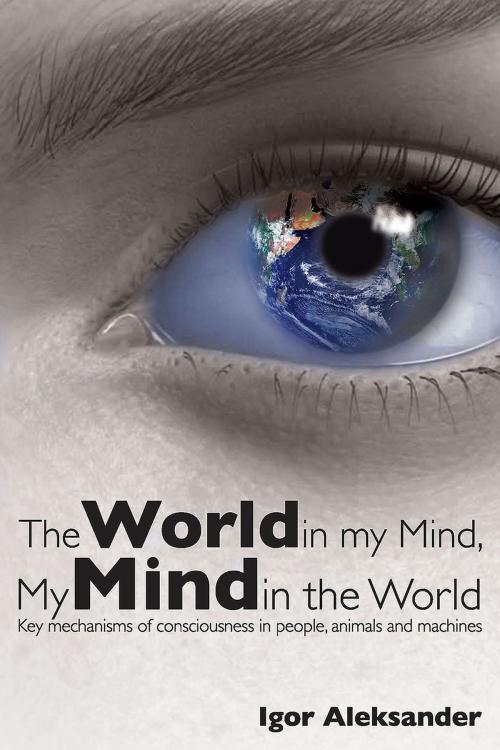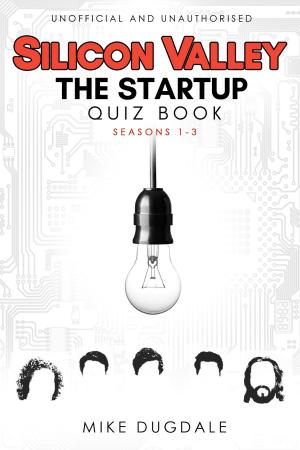The World in My Mind, My Mind in the World
Nonfiction, Computers, Advanced Computing, Artificial Intelligence, Health & Well Being, Psychology, Cognitive Psychology| Author: | Igor Aleksander | ISBN: | 9781845406066 |
| Publisher: | Andrews UK | Publication: | November 19, 2013 |
| Imprint: | Imprint Academic | Language: | English |
| Author: | Igor Aleksander |
| ISBN: | 9781845406066 |
| Publisher: | Andrews UK |
| Publication: | November 19, 2013 |
| Imprint: | Imprint Academic |
| Language: | English |
Not consciousness, but knowledge of consciousness: that is what this book communicates in a fascinating way. Consciousness is the thread that links the disappearing gorilla with the octopus suffering from a stomach ache, and the person under anaesthetic with a new born baby. How these are different, yet illustrative of consciousness, is revealed in this accessible book by one of the world's leading thinkers and neural computing engineers.Igor Aleksander addresses this enigmatic topic, by making us understand the difference between what happens to us when thinking consciously and when sort of thinking when dreaming or when not conscious at all, as when sleeping, anaesthetised or knocked out by a blow on the head.The book also tackles the larger topics of free will, choice, God, Freud (what is 'the unconscious'?), inherited traits and individuality, while exploding the myths and misinformation of many earlier mind-hijackers. He shares the journey towards building a new model of consciousness, with an invitation to understand 5 axioms or basic ideas, which we easily recognise in ourselves.
Not consciousness, but knowledge of consciousness: that is what this book communicates in a fascinating way. Consciousness is the thread that links the disappearing gorilla with the octopus suffering from a stomach ache, and the person under anaesthetic with a new born baby. How these are different, yet illustrative of consciousness, is revealed in this accessible book by one of the world's leading thinkers and neural computing engineers.Igor Aleksander addresses this enigmatic topic, by making us understand the difference between what happens to us when thinking consciously and when sort of thinking when dreaming or when not conscious at all, as when sleeping, anaesthetised or knocked out by a blow on the head.The book also tackles the larger topics of free will, choice, God, Freud (what is 'the unconscious'?), inherited traits and individuality, while exploding the myths and misinformation of many earlier mind-hijackers. He shares the journey towards building a new model of consciousness, with an invitation to understand 5 axioms or basic ideas, which we easily recognise in ourselves.















